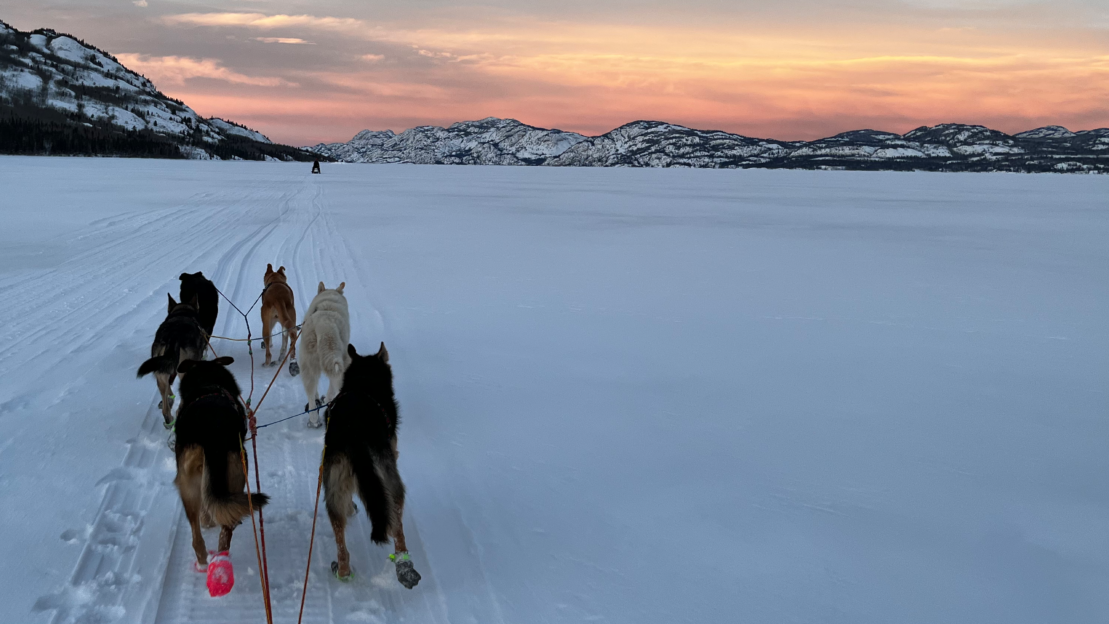Nobody should take this posting as medical advice or statistically significant research. It is simply a summary of our own experiences, as chronicled here on the Stinky Blog.
In mid-March 2019, it’s unclear what to do about Dru. She needs approximately 15 teeth removed, which is a major ordeal with a long recovery. Dog dental procedures are expensive, too.
She also has tumors. Two conjoined big ones, and a number of smaller ones, in the mammary areas. Neither vet who saw her thought they were obviously cancerous, and x-rays showed no metastasis. The only sure way to know whether they are cancerous is to remove them and send to the lab. This is probably a less traumatic surgery than the dental procedure.
Whenever a senior citizen undergoes surgery, there is risk. Anesthesia is generally safe, but older dogs are more prone to complications. Recovery is longer. Some of our older dogs, including Dru and Nicky of our current pack, are very poor pill takers, which makes pill time unpleasant for everyone.
We wondered whether our prior dog surgery and no-surgery decisions might be helpful, so dug into the StinkyPup kennel website to look for clues.
We found 15 dogs who didn’t die naturally (i.e., of old age) or a non-medical mishap (such as Luke running away, and Snowball being hit by a car), or who had a medical condition with no reasonable options for surgery (Goblin, Roo, Nonny… many others). Here’s a summary, presented more or less in the order of death from 2003 to 2019.
* Levi: lived 7 months from removal of sarcoma on his knee.
* Dudley: lived 30 months after a late (12 years old) neuter.
* Asa: Died under anesthesia, during surgery for an injury from fighting. His brother, Higgs, died of heart failure – we think Asa also had heart problems.
* Scully: lived 4 months after splenectomy.
* Duchess: Lived 4 years after mammary removal (radical mastectomy) and late-life spay.
* King Neptune: lived 2 weeks after splenectomy.
* Magic: lived 14 months after bowel obstruction surgery (though he might have had another one after that). Died of sepsis, partial bowel obstruction, and tumor.
* Chester: lived 4 months after amputation, for sarcoma.
* Duke: lived 11 months after spleen tumor diagnosis, without surgery.
* Peetie: lived 1 month after tumor diagnosis, without surgery.
* Monkey: euthanized during surgery, upon discovery of inoperable esophageal tumor.
* Pumpkin: euthanized after diagnosis of spleen rupture (collapsed, unable to walk). No surgery.
* Storm: lived 2 months after diagnosis of spleen tumor, also had problems with insulin production.
* Bruno: euthanized after diagnosis of large tumor (collapsed, unable to walk). No surgery.
* Capella: lived 2 months after diagnosis of mammary cancer, without surgery.
That’s 15 dogs, out of 43 “not forgotten” dogs, for whom we have a reasonable understanding of an operable medical condition before they died, and the medical care that was given.
The main thing we have learned is that tumors are a bitch. Whether inside or outside, cancerous or not. Another is that we have had a lot of spleen problems, and splenectomy doesn’t seem worth it (general prognosis is 2 weeks to 2 years lifespan after the operation, but our record is at the shorter end of the range). Generally, though, when we have opted for surgery, the dogs feels better after recovery, than before the surgery. At least, for a little while.
We have not had many dogs with these type of medical problems when they are very old. Most of the dogs above were 11-14, with a few younger (Bruno, Chester). Dru would be one of the older dogs, along with Nicki, who would have major surgery late in life.
We will write more when we get additional news, and make a decision about how to proceed. It’s hard to know what is best for the dog, and it’s unfortunate that these types of tumors cannot be reliably characterized (cancer or not) without removal.
Dru is eating, but not that well. She hates taking pills (antibiotic for her tumors, which had infected). She’s skinny. She’s antisocial, and doesn’t really have dog friends since we moved Ahab inside.
Would the tumor removal and dental give her new energy and spunk? Or would it just subject her to the discomfort of surgery and after-care, without improving quality of life?


